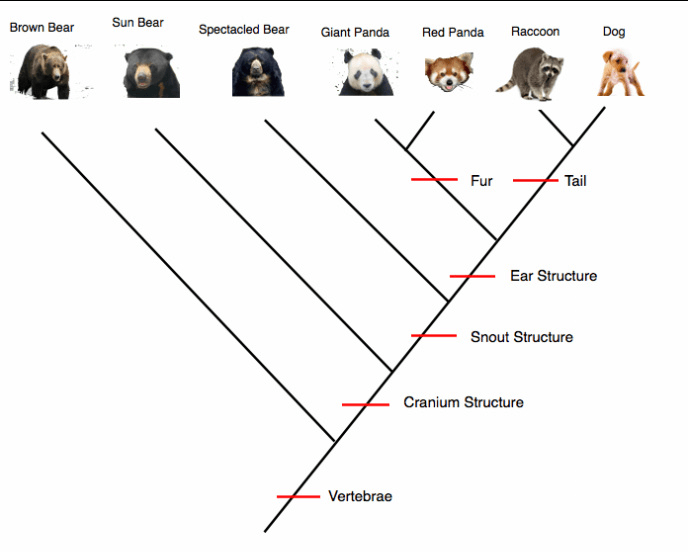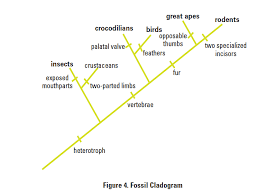Theory
Theory
Kingdoms 1
Kingdoms 2
Organisms with NO nucleus
Prokaryotes
How many kingdoms exist currently?
Six!
What kingdom are humans a part of?
Animalia or Animal
Cladograms show relationships between organisms based on?
Derived characteristics or traits
Are viruses living?
No!
Complex organisms with a nucleus and membrane bound organelles
Eukaryotes
What are the three domains?
Archaea, Bacteria, and Eukarya
This kingdom contains organisms that only live in extreme environments, are prokaryotic, and reproduce asexually
Archaebacteria or Archaea
What trait separates the lizard from the lynx?
Hair
Do viruses have DNA or RNA?
Yes, depends on the virus
The Endosymbiotic Theory states...
Prokaryotes led to the evolution of Eukaryotes
This kingdom contains organisms that are heterotrophic, and have cell walls made of chitin.
Fungi
This kingdom has organisms that are autotrophic, multicellular, and have cell walls made of cellulose.
Plantae or Plant
What characteristic separates the Giant Panda and Red Panda from the other organisms?

Fur
Can antibiotics kill viruses?
No!
What 2 organelles relate to the endosymbiotic theory?
chloroplasts and mitochondria
This is called the "Junk Drawer" kingdom, with a variety of organisms that are all eukaryotic, but a mixture of unicellular and multicellular.
Protista or Protist
What kingdom has organisms that are ONLY terrestrial?
Fungi
What mode of nutrition do all the organisms on this cladogram have?

heterotroph
How do viruses replicate?
They need a host cell/organism
What is one major piece of evidence for the Endosymbiotic Theory?
Chloroplasts and Mitochondria:
1) have their own DNA
2) have their own membranes
3) can replicate on their own
What kingdoms contain organisms that are autotrophic? (Must get all correct for points)
Eubacteria, archaebacteria, protista, plantae
What kingdoms include heterotrophs? (Must get all correct for points)
Eubacteria, archaebacteria, protista, fungi, and animalia
Which two organisms are most closely related?
Gray bird and red bird
A scientist finds an organism that has DNA. Can the scientist determine if it is a bacteria or virus only from that?
No! Both have DNA